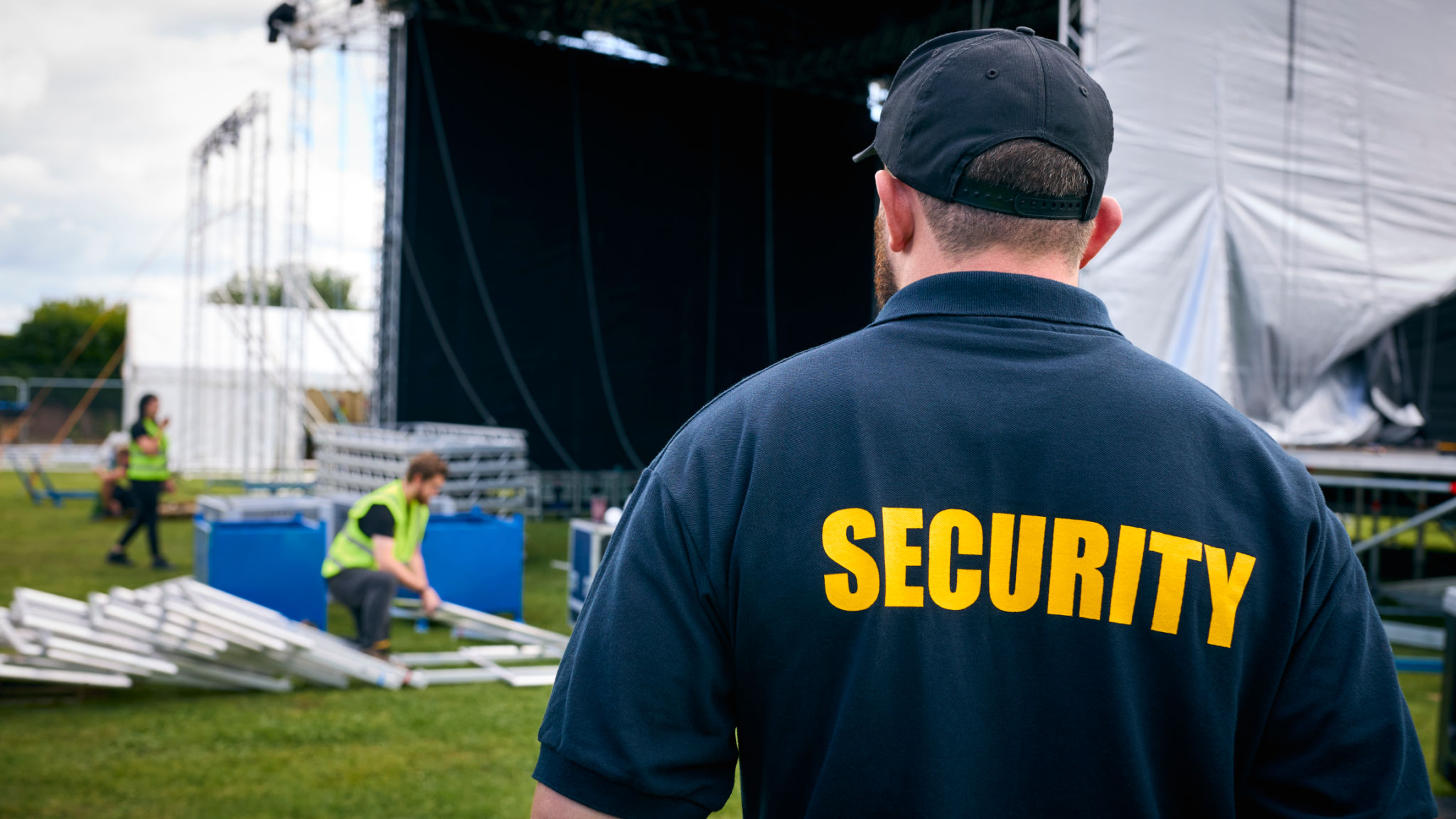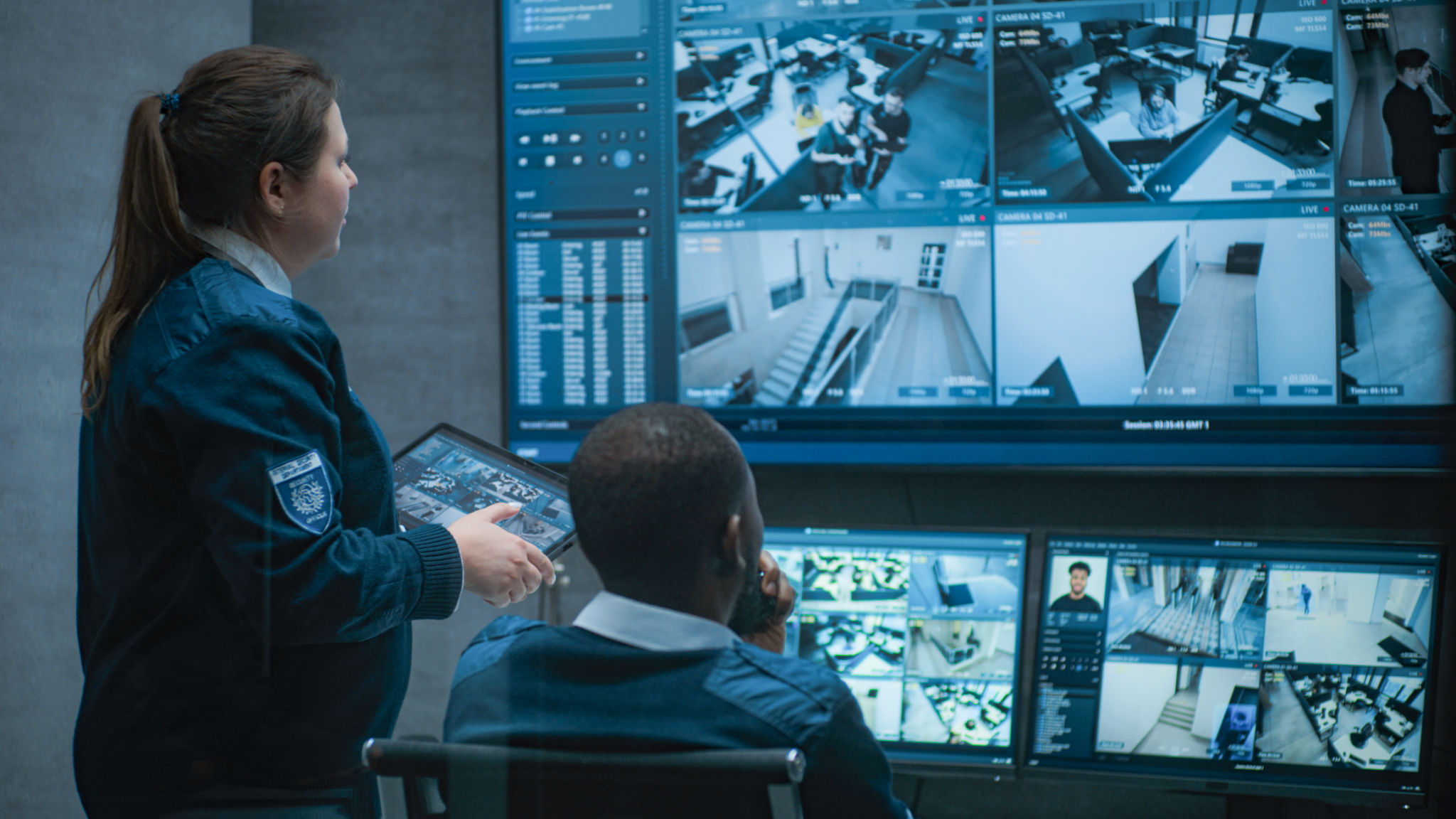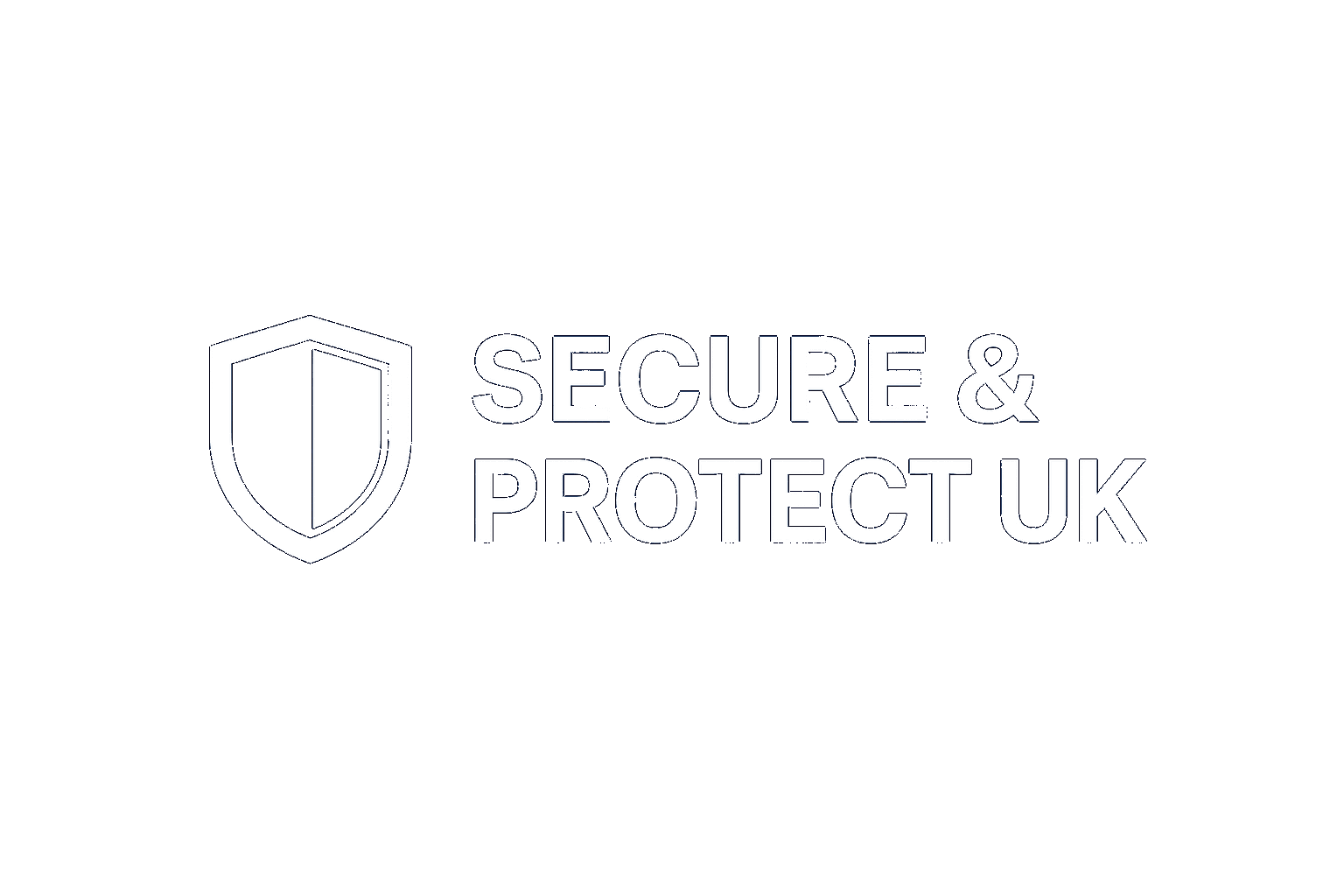Essential Security Measures for Outdoor Events in East Anglia
Understanding the Importance of Security Measures
Hosting an outdoor event in East Anglia can be a thrilling experience, but ensuring the safety and security of attendees should always be a top priority. From music festivals to community fairs, each event comes with its own set of challenges and potential risks. Implementing essential security measures not only helps in safeguarding participants but also contributes to the overall success of the event.

Conducting a Thorough Risk Assessment
Before any event, conducting a comprehensive risk assessment is crucial. This process involves identifying potential hazards and evaluating the likelihood and impact of these risks. By understanding what could go wrong, event organizers can develop strategies to mitigate these risks effectively. In East Anglia, weather conditions can be unpredictable, making it vital to consider environmental factors as part of this assessment.
Engage with local authorities and experts to gain insights into any specific regional concerns that might affect your event. This collaborative approach helps in creating a robust security plan tailored to the unique needs of the event and location.
Implementing Access Control Measures
One of the most effective ways to enhance security at outdoor events is by implementing strict access control measures. This can include the use of ticketing systems, wristbands, or digital passes to ensure that only authorized individuals are allowed entry. Additionally, setting up controlled entry and exit points helps in monitoring crowd movement and prevents unauthorized access.

Consider employing trained security personnel at these points to manage queues and perform bag checks if necessary. The presence of security staff not only acts as a deterrent to potential troublemakers but also provides a sense of safety for attendees.
Utilizing Technology for Enhanced Security
Technology plays a significant role in modern event security. CCTV cameras strategically placed around the venue can help monitor activities and identify suspicious behavior. Furthermore, using drones for aerial surveillance offers a comprehensive view of the event and allows for quick responses to any incidents.
Another technological advancement is the use of communication tools like walkie-talkies or mobile apps that keep security teams connected. This ensures that any issues are communicated promptly and dealt with efficiently. Investing in reliable technology not only enhances security but also streamlines overall event management.

Emergency Preparedness and Response Planning
No event security plan is complete without an emergency preparedness strategy. This includes having a clear evacuation plan in case of emergencies such as fires, severe weather conditions, or other unforeseen incidents. Train staff and volunteers on emergency procedures to ensure they can act swiftly and effectively if needed.
- Designate emergency assembly points.
- Ensure clear signage throughout the venue.
- Keep first aid stations easily accessible.
An efficient emergency response plan not only minimizes potential harm but also instills confidence among attendees that their safety is being prioritized.
Collaboration with Local Authorities
Collaborating with local authorities such as police, fire services, and medical teams is essential for the successful execution of your security plan. These agencies can provide valuable support and resources that enhance the safety of your event.
By establishing open lines of communication with these entities, you ensure that they are aware of the event’s details and can assist promptly if situations arise. This partnership is especially important in East Anglia, where local knowledge can be instrumental in navigating any regional-specific challenges.

Ensuring Effective Communication with Attendees
Clear communication with attendees is vital for maintaining order and ensuring safety during an event. Provide information about security procedures, emergency exits, and contact points through various channels such as event apps, social media, or printed materials.
Encourage attendees to report any suspicious activities or emergencies to event staff immediately. By fostering an environment where attendees feel comfortable reaching out, you create an additional layer of vigilance that supports your overall security efforts.
